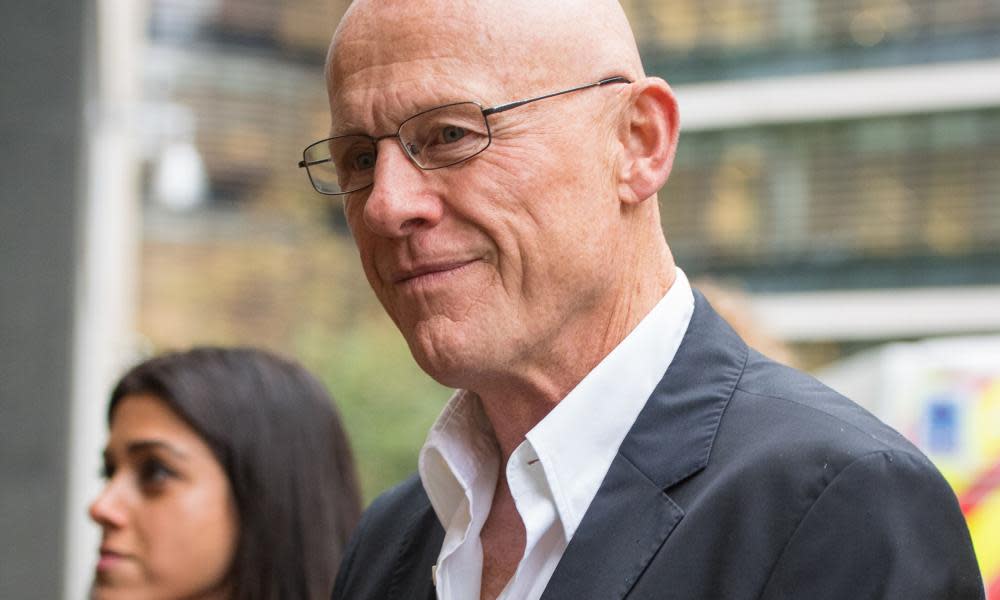Phones 4u founder's former adviser wanted control, high court hears

A French financial expert wanted control of the company which managed Phones 4u founder John Caudwell’s wealth and was “confrontational and uncooperative”, the high court has heard.
Nathalie Dauriac, a former Coutts banker, claims she was wrongly dismissed in 2014 from Signia Wealth, the financial management company she co-founded with Caudwell, and should have received at least £12m for her stake in the business.
Caudwell, who was in court on Wednesday to watch proceedings, says Dauriac left the business after being investigated for fiddling her expenses and being told she was “corrupt”.
Lawyers for Signia have told the court that Dauriac had altered references to more than £33,000 of expenses claims for items including a trip to Málaga to celebrate a friend’s birthday, gifts for her daughter and former husband, hairdressing appointments and photographs at a ski resort where she had been on holiday with Caudwell.
Dauriac’s lawyers say 70% of the disputed expenses related to Caudwell, mostly on travel to meet him in various parts of the world.
Both sides dispute the allegations against them.
Signia director David Canfield told the court in London that Dauriac had “objected to any intervention from anyone else” in her running of Signia. In his witness statement he described her as “confrontational, uncooperative and evasive” and said it was difficult to get information about the company “because of Nathalie’s control”.
Under questioning from Dauriac’s lawyer Thomas Plewman QC, Canfield agreed he had allowed Signia to run on an “informal basis” without insisting on regular board meetings because he recognised that Dauriac had a close relationship with Caudwell. Canfield conceded that Dauriac had discussed business matters with the Phones 4u founder directly without consulting Canfield.
Plowman said: “Your real complaint is that this cut you out.”
Canfield did not accept that suggestion.
Plowman suggested that if Canfield wanted information about Signia he could have picked up the telephone to the firm’s financial controller “at any time”. “As a director you could have access to whatever information you wanted,” he said. Canfield agreed that was true “to some extent”.
Plowman said that in 2013 Canfield had higlighted Dauriac’s “incredible personal drive and resilience” and recommended her for a bonus for her efforts. He said that in early 2014, only a few months before he launched an investigation into her expenses, the Signia director had told Dauriac he regarded her as a friend.
On Tuesday, Plowman told the court that Signia’s investigation into Dauriac’s expenses was not a “dispassionate inquiry” but a conspiracy led by the “puppet master” Caudwell, who had the told Canfield “we have to act”.
Dauriac left the business on disputed terms and her 49% stake was bought out for a nominal £2 fee.
Caudwell banked more than £1.24bn in 2006 after agreeing to sell the mobile phone business he started in 1987 to two private equity investors. The chain went bust in 2014.
The trial continues.

 Yahoo News
Yahoo News 
